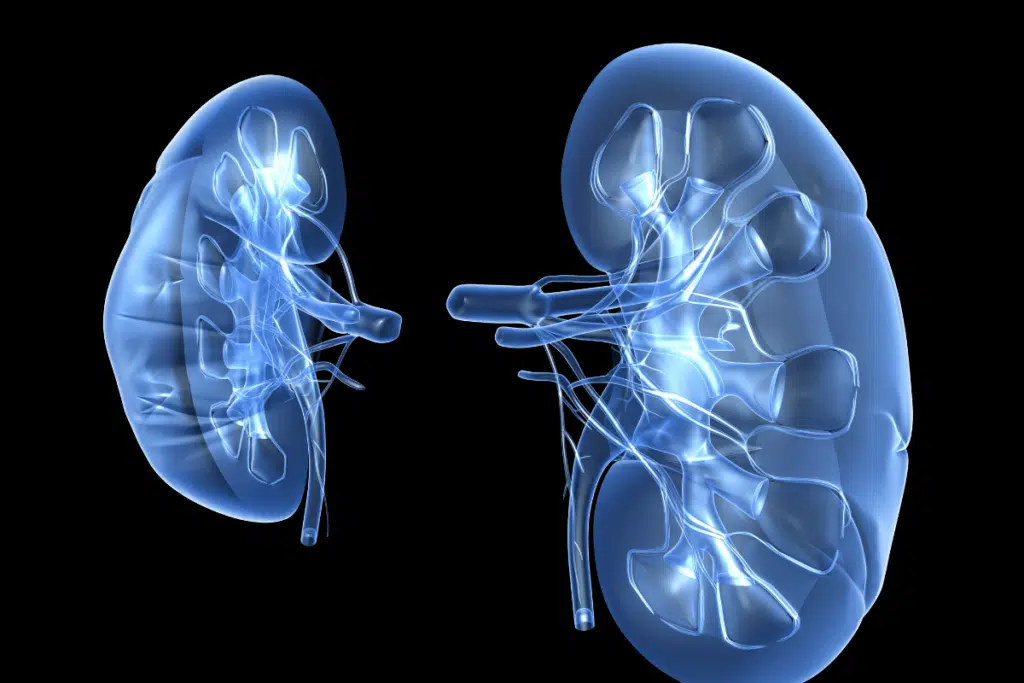Alcohol is one of the most commonly consumed substances worldwide, but many people underestimate the impact it can have on their organs—especially the kidneys.
Kidneys are responsible for filtering waste from the blood, maintaining the body’s fluid and electrolyte balance, and regulating blood pressure.
Alcohol consumption, particularly in excess, can strain this kidney system and lead to both short-term and long-term health consequences.
Understanding how alcohol affects your kidneys can help you make more informed choices about your drinking habits.
Peachtree Detox offers alcohol detox programs.
When alcohol enters the bloodstream, it changes the balance of hormones that regulate kidney function, including those responsible for fluid retention and electrolyte stability.
Alcohol is a diuretic, meaning it increases urine production, which can lead to dehydration. This dehydration can put stress on the kidneys and limits their ability to function effectively.
There is no universal threshold for how much alcohol will harm your kidneys, as individual tolerance varies based on factors like age, weight, gender, and overall health.
However, heavy drinking doubles the risk of Kidney Disease.
Drinking alcohol can affect your kidneys in numerous ways, including:
Chronic alcohol use significantly increases the risk of developing kidney disease.
Over time, the strain from repeated dehydration, high blood pressure, and reduced kidney function can lead to kidney scarring and irreversible damage.
Additionally, long-term alcohol abuse is often associated with liver disease, which further complicates kidney health, as the two organs work closely together to maintain the body’s overall health.

Certain health conditions can amplify the risk of kidney damage from alcohol consumption, including:
For some, even moderate drinking over several years can lead to noticeable kidney strain.
For others, heavy drinking or binge drinking can cause damage in a shorter time frame, sometimes resulting in acute kidney injury that develops after just one episode of excessive alcohol consumption.
The timeline for alcohol-related kidney damage varies depending on factors such as genetics, overall health, and the amount of alcohol consumed.
Yes, the kidneys have a remarkable ability to recover from minor injuries, especially if the damage is caught early and addressed through lifestyle changes.
However, severe or prolonged damage, such as scarring from chronic kidney disease, is often irreversible. Seeking medical advice as soon as you notice symptoms of kidney strain—such as persistent fatigue, swelling, or changes in urination—is essential to prevent further harm.
Reducing or eliminating alcohol consumption, staying hydrated, and maintaining a balanced diet can improve kidney health.
If alcohol is taking a toll on your health, it’s never too late to seek help. At Peachtree Detox, we offer comprehensive alcohol rehab in Georgia to help individuals overcome alcohol addiction and regain their health.
Our evidence-based treatments, including detox, inpatient rehab, and outpatient support, provide the tools you need to lead a healthier life.
Call us now or verify your insurance.